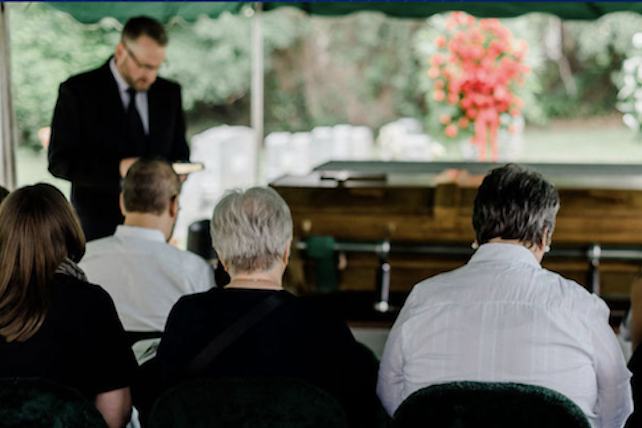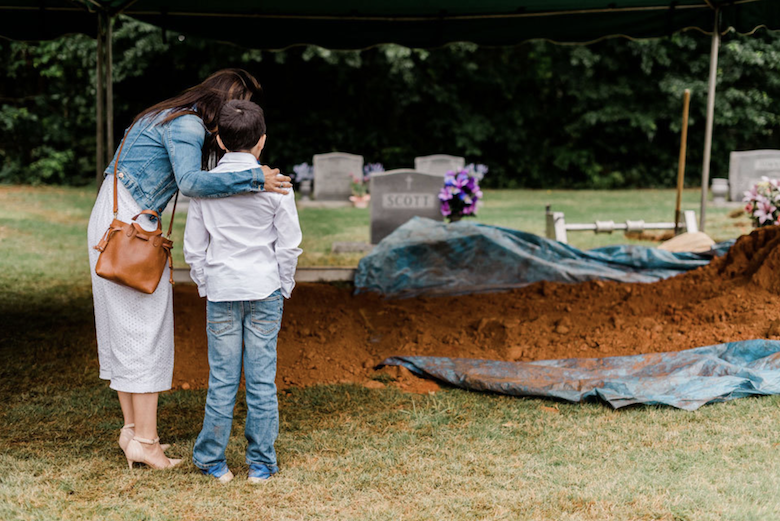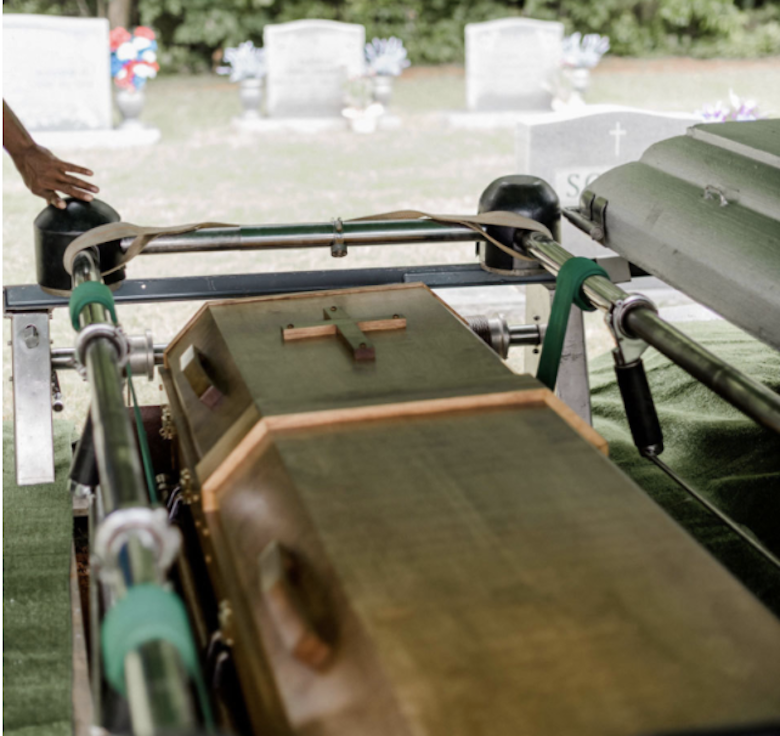A SARS epidemic that caused a national crisis and international alarm? Hardly anyone would consider that an intervention of grace by a sovereign God.
But 48-year-old infectious diseases specialist and SARS (Severe Acute Respiratory Syndrome) victim, Dr. Leong Hoe Nam, is not just anyone; he is a man whose excruciating experience with SARS while quarantined in Germany was a key step toward knowing his Father’s love.
Many of us would remember 2003 as the year of SARS. Stories of the shared experiences in pain and joy have been told; the actions of heroes honored, the lives of victims remembered. But Dr Leong’s remarkable story towards God is one that few have heard.
A mysterious disease
In 2003, Dr. Leong and his wife, Dr. Lim Hong Huay, were infected with SARS and quarantined in Frankfurt, Germany, for two-and-a-half weeks.
It turned out that Dr. Leong had contracted the virus while treating the first SARS patient in Singapore—“patient no. 1.” He happened to be the infectious diseases doctor on-call the day she was admitted. At the time, her illness was a mystery.
No one knew about SARS then. The working diagnosis of her illness was “atypical pneumonia”—which only meant that she had an unknown lung infection.
But Dr. Leong came down with a high fever and severe body pain—symptoms he attributed to dengue. After plenty of rest and fluids, his fever subsided. So he and his wife decided to go ahead with their plans to attend a conference in New York. Two days into his trip, he fell ill again.
This time, it was he who was diagnosed with “atypical pneumonia.”
Before Dr. Leong and his wife left for Singapore, he called a trusted colleague in Singapore to update him on his condition. By then, patient no. 1’s illness had been identified and the term “SARS” had just been coined.
Unbeknownst to him, Dr. Leong’s phone call would set off a chain reaction which eventually led to his being quarantined in Frankfurt, Germany.
Suffering through SARS
Dr. Leong suffered badly from the effects of the SARS virus. He recalled: “I had to cope with hacking bouts of cough. Every single attempt to adjust my posture would result in my coughing out blood.”
Even breathing was difficult. “One evening, I tried to take deeper and deeper breaths but to no avail. I felt suffocated—as if the air had no oxygen—even though I had on a full-face 100 percent oxygen mask.
“The sensation of breathlessness was terrifying.”
He said: “I was not a Christian then but I was not afraid of death, because all of us will die. I just knew I had to avoid mechanical ventilation if I wanted to keep the odds in my favor.”
A Love That Pursues
He soon overcame the virus and started to recover. But he faced a bigger problem: inactivity.
Dr. Leong, a self-declared workaholic, was stuck in a German hospital with nothing to stimulate his active mind. He was someone who needed to be doing or reading something constantly.
“I’m busy. Always busy. Work to me is like cheese to a rat. Give me work, I will do. Give me a treadmill, I will run.”
Back in 2003, mobile phones were still rudimentary and most people still used a dial-up connection for the Internet. Getting hold of something to read in English was almost impossible. The Winter Olympics was showing on the television, but there was only so much figure skating he could endure watching.
But his wife, who was a very young Christian then, had gotten hold of an English Bible. She asked him to read it since there was not much else to do.
Today, Dr. Leong laughs as he recalls his desperation: “I was a reasonably fervent believer of another faith, but that Bible was the only English text that I could get my hands on!”
His wife suggested that he start with the Gospel of Luke since they were both physicians, as was Luke. Dr. Leong obliged, even though he says now that he thinks the Gospel of John would have been much easier to start with.
By the time he was done, Dr. Leong was confronted with the person of Jesus: “Jesus was either an incredibly charismatic and influential leader with a bunch of fools for followers, or there is indeed a true God and Jesus is the Son of God.”
Dr. Leong could not decide if the God of the Bible was real…or not.
He and his wife eventually returned to Singapore and fought in the ongoing battle of the SARS crisis.
On May 31, 2003, Singapore was declared SARS-free, and life went back to normal for the couple. Dr. Leong was not yet convinced of God’s truth. But he felt no pressing reason to resolve this puzzle, so the question was left unanswered.
Finding God
In 2004, Dr. Leong moved to London to pursue his PhD. Life was good: Unlike his life in Singapore, he now had a lot of time on his hands. Weekend road trips out of the city were the norm.
At the insistence of his wife, they found the Chinese Church In London and joined a cell group. Back in Singapore, when Dr. Lim first started attending church, Dr. Leong had thought it was a complete waste of time. “I detested it because Sunday mornings were my precious mornings off!”
But in London, Dr. Leong did not mind attending church and cell group together. In fact, he made friends with a cell member named Marcus Andrew, whose wife was a doctor.
Andrew answered many of Dr. Leong’s questions about the faith and directed him to resources on Christianity as well.
This became a crucial foundation that set the stage for his eventual conversion.
In 2006, Dr. Leong was having trouble in his research—his experiments just weren’t working out. And to make matters worse, he could not find anyone to ask for advice and guidance. He was well and truly stuck.
By then, Dr. Leong had heard enough about God that he decided to pray and ask for help with his work. “God, help me get my experiments working. Just help me.”
Nothing happened.
Dr. Leong started to get frustrated, but he kept praying. Eventually, he started to bargain with God: “OK God, I’ll do it Your way. Whatever You want, I will do. But You really need to help me with this.”
Still nothing.
Then one day, as Dr. Leong was walking from the tube at Hampstead station toward his college, he prayed a different prayer.
“That’s it. God, come what may, I submit to You. If the experiments work, then they work. If they don’t work, I still submit to Your authority in my life.”
Suddenly, he was embraced by God. “I literally felt the warmth of God’s presence. He was hugging me! God said to me, ‘You are my son, you are my beloved son.’ And all my stress and anxiety about work, everything, just melted away.”
Dr. Leong remembers this thought clearly: “OK, it doesn’t matter. Whether my experiment succeeds or not, it doesn’t matter. I’ve got God with me now.”
Two Steps to Faith
Looking back on his journey to faith, Dr. Leong surmises: “If I hadn’t been infected with SARS, I wouldn’t have read the Bible. If I hadn’t gotten away from work in Singapore, I wouldn’t have known God.”
He says that he is often asked if he has any regrets about SARS. The benefit of hindsight is not lost on him; time has passed but the experience is still fresh in his mind.
He takes a moment to compose himself before replying: “God is very, very, very dear to me. If I had to go through SARS a hundred times over just to know the God whom I love, I’d do it.”
He recognises the painful experience of SARS as a necessary intervention and milestone in his personal journey. “If God hadn’t taken me away from the distractions of work, I would never have read the Gospel of Luke.”
And if he had not read the Gospel of Luke, he would never have been confronted with Jesus.
Many might believe that science and God do not mix. But while Dr. Leong works hard at keeping abreast of new developments in science, he leaves room for God to intervene and guide him through every case that he takes on.
In fact, he relies on God’s guidance to the extent that his colleagues have been known to say that he “performs miracles” on his patients. Dr. Leong attributes the good work he does to God, clarifying that it is not his brilliance but, rather, fruits of his obedience to the promptings of God.
“God’s hand is on my work now. Without Him, all the work that I do would be useless.”
The original article appeared in Salt &Light. Salt&Light is a Singapore-based digital ministry with a vision of transforming the marketplace one story at a time.










 Assistant Pastor.
Assistant Pastor.








